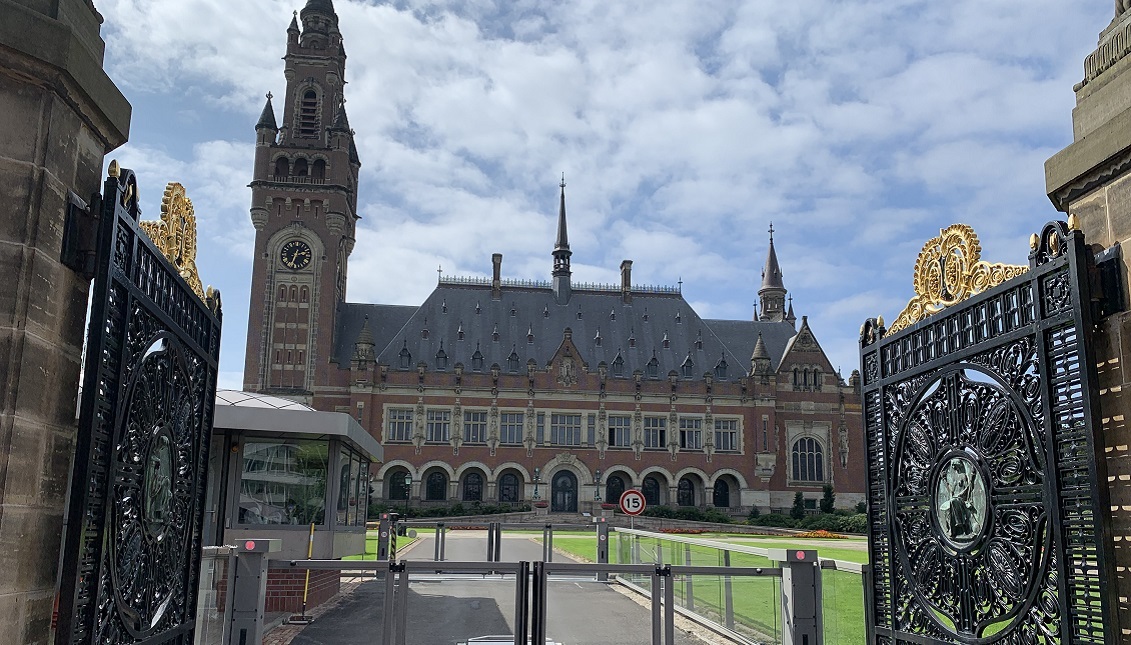
Colombia and Nicaragua initiate a new legal dispute before the International Court of Justice
Both countries must respond to demands and counterclaims related to alleged rights violations committed by Colombian in the Caribbean Sea.
The Colombian delegation began its intervention before the International Court of Justice (ICJ) on Wednesday, Sept. 22 in The Hague, as part of the legal and diplomatic struggle it has been fighting for years with Nicaragua over rights in the Caribbean Sea.
For a week, the Colombian delegates sent from Bogotá arrived in The Hague to finish preparing their interventions against two lawsuits presented by Nicaragua for alleged violations of sovereign rights and maritime spaces.
Until Oct. 1, Colombian lawyers will focus on the first lawsuit Nicaragua had filed in 2013 with the ICJ for the alleged violation of vast expanses of oil and fish resources.
The Colombian delegation is headed by Carlos Gustavo Arrieta, former attorney general, and Manuel José Cepeda, former judge of the Constitutional Court. On Sept. 22, Kent Francis James, representative of the Raizal community of the San Andrés archipelago, intervened.
In 2012, after 11 years of border litigation, the ICJ granted Nicaragua a large maritime space (76,000 square kilometers that were previously Colombian) and ratified Colombia's sovereignty over the islands and keys to the San Andrés, Providencia and Santa archipelago. After the ruling, there was talk of defeat in Colombia and victory in Nicaragua.
RELATED CONTENT
On Monday, Sept. 20, Nicaragua accused Colombia of "ignoring and violating the rights of Nicaragua" and challenging the authority of the Court by not respecting its decisions. Carlos José Argüello, representative of the Central American country, indicated that "Colombia's refusal to comply with this sentence and to respect the rights of Nicaragua persists until today."
The Colombian delegation began its intervention on Sept. 22 at 11 a.m. in The Hague. Without giving further details on the legal strategy, the Colombian Foreign Ministry officially stated that "in the arguments presented by Nicaragua, there is nothing new."
Colombia insists that the limits can only be modified through a treaty and that Nicaragua has ignored its inalienable rights.
Likewise, Colombia presented two counterclaims. In one it ratifies “the right of the raizales of the islands of the Archipelago to fish in the traditional banks. The other, rejecting Nicaragua's claim to unilaterally adjudicate marine areas that do not belong to it, through the issuance of a decree based on which it mistakenly measures its maritime spaces in the Caribbean Sea.”
The hearings for the territorial dispute are happening in the middle of the election lead-ups in both countries and the onslaught of the president of Nicaragua, Daniel Ortega, against the opposition and international condemnation.











LEAVE A COMMENT: